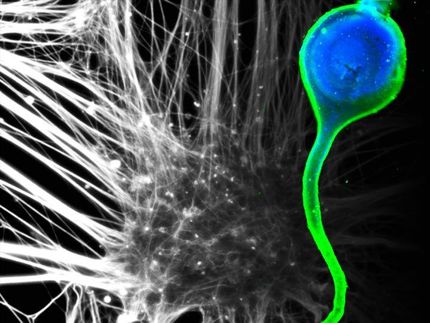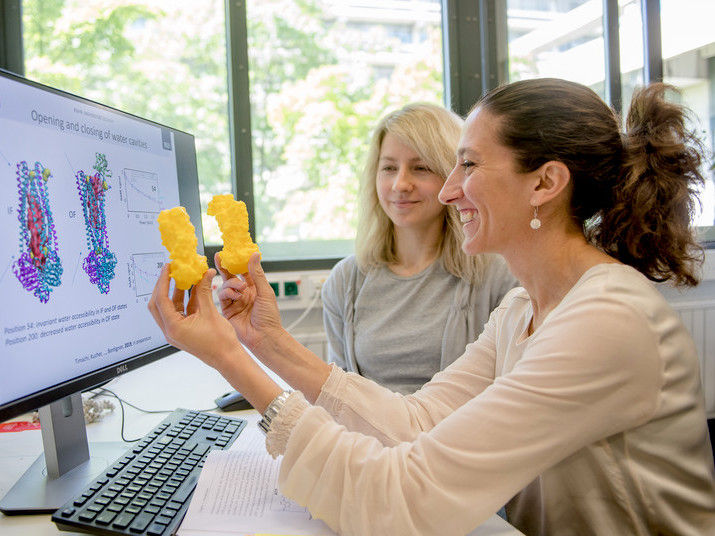Tulane researchers working on new tuberculosis vaccine
Advertisement
Researchers at the Tulane National Primate Research Center (TNPRC) are leading efforts to find a new vaccine for tuberculosis, one of the world's deadliest diseases. Tuberculosis, a contagious infection of the lungs, affected more than nine million people in 2013, killing more than one million.
A team of researchers led by the TNPRC used a modified strain of TB to show that monkeys could generate better protective immunity than when vaccinated with BCG, a common TB vaccine.
In their experiments the Tulane researchers used Mycobacterium tuberculosis (Mtb) - a strain modified to lose a stress response gene called SigmaH. Monkeys that received aerosols of the modified strain resisted infection with Mtb better than the similarly-delivered BCG, and showed glimpses of protective immune response in their lungs.
"While the results are exciting, we believe further work is needed before this excitement can be translated to human trials," says Deepak Kaushal, PhD, Professor at TNPRC. "More monkey studies are needed to validate these results in alternative settings, and more modifications may be necessary to add to the strain we're working with in order to safeguard it further. However, the impact of the current work in identifying what is needed to protect against TB, and, in a model that closely mimics human infection, is unquestionable."
Original publication
Other news from the department science

Get the life science industry in your inbox
By submitting this form you agree that LUMITOS AG will send you the newsletter(s) selected above by email. Your data will not be passed on to third parties. Your data will be stored and processed in accordance with our data protection regulations. LUMITOS may contact you by email for the purpose of advertising or market and opinion surveys. You can revoke your consent at any time without giving reasons to LUMITOS AG, Ernst-Augustin-Str. 2, 12489 Berlin, Germany or by e-mail at revoke@lumitos.com with effect for the future. In addition, each email contains a link to unsubscribe from the corresponding newsletter.



























































